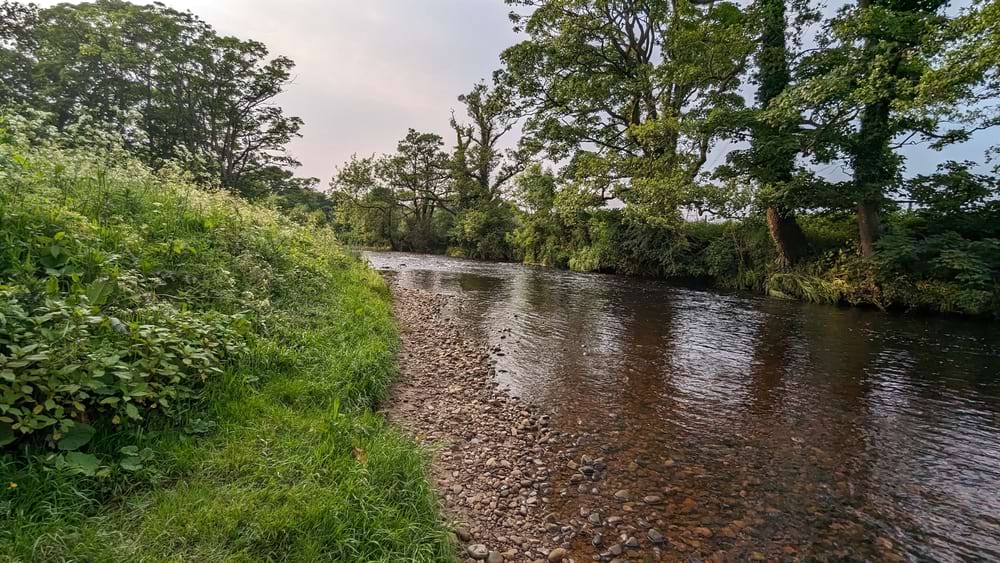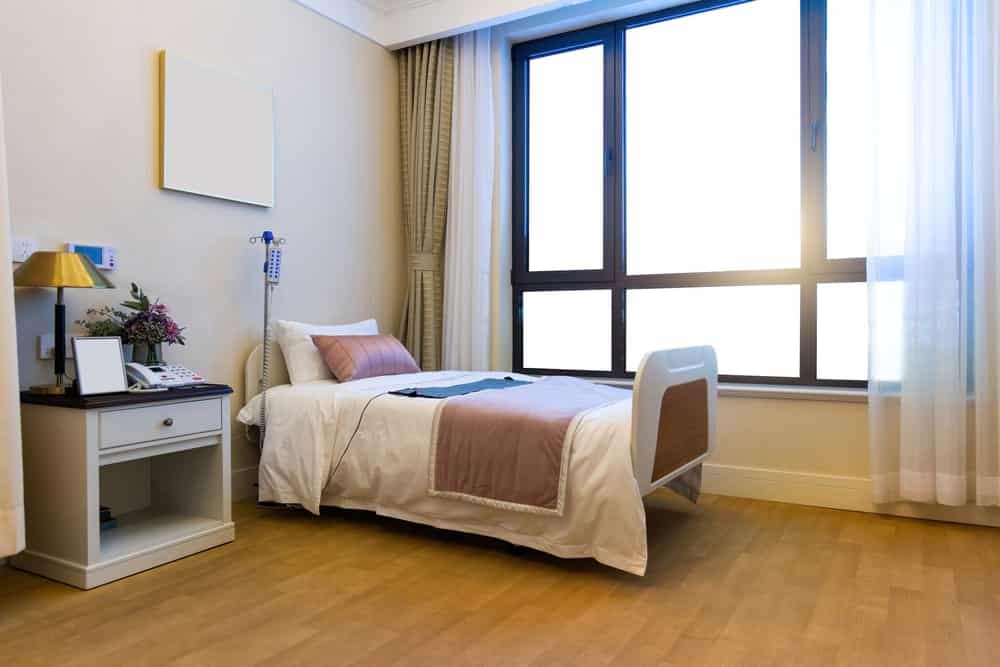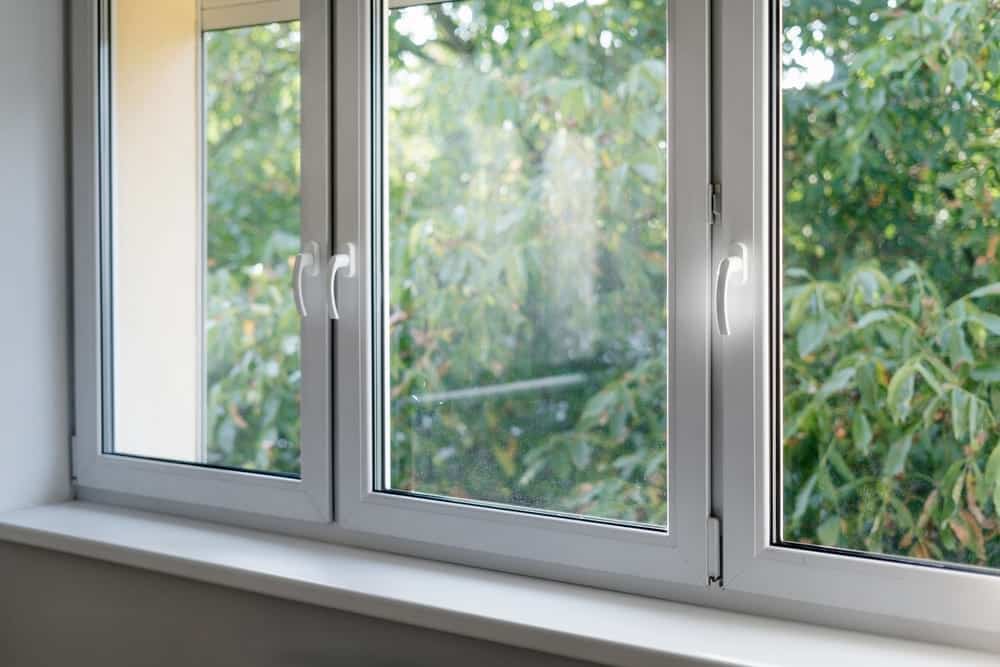Many dream of owning a holiday home.
But the reality of owning one can be complex.
So, sometimes selling one is the best option.
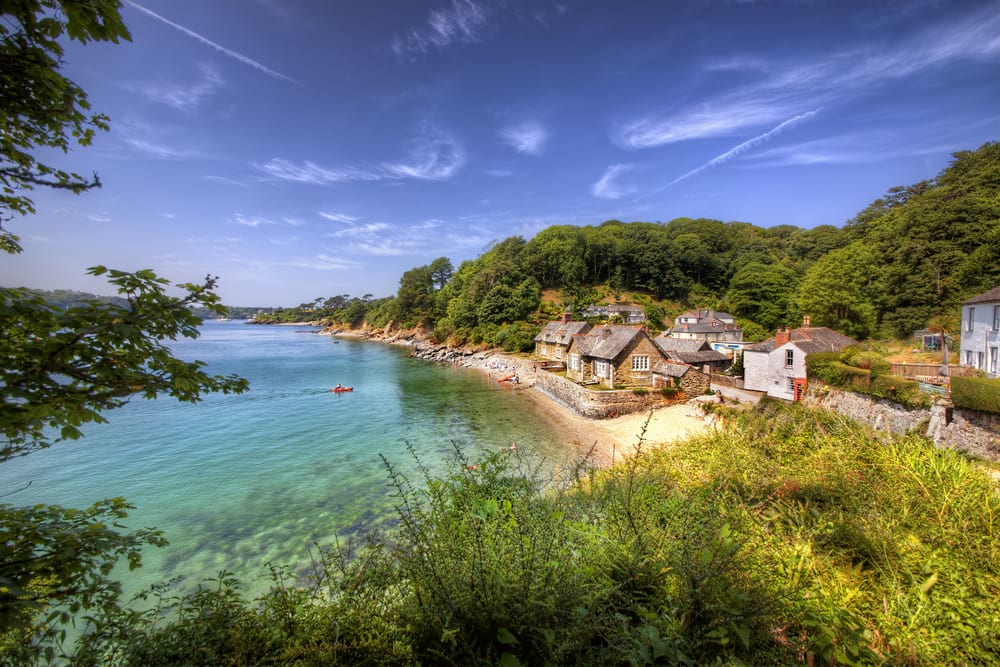
Defining ‘holiday homes’
Holiday homes are second properties used primarily for relaxation.
They are often in a different place from their owner’s main residence. This could be in the same country or overseas.
They can be any type of property, from a small flat to a large house.
Some holiday homes are used exclusively by their owners. Others are lent or rented out.
In both scenarios, owners may see the property as an investment.
Holiday homes vs second homes
A holiday home is a type of second home, but the latter term is often used to refer to homes with different usage, i.e., for living in (or renting out) over more extended periods.
This means there could be different implications around:
- Maintenance
- Tax
- Borrowing on the property (special holiday let mortgages are required in many cases)
And, of course, implications when it comes to selling the property, too.
Holiday homes vs holiday lets
Holiday home owners spend parts of their year living in their holiday home.
By contrast, holiday let owners don’t. Like most regular landlords, they only rent out their property.
And in fact, there are often terms in their mortgages that they can’t let them out.
Holiday homes in the UK
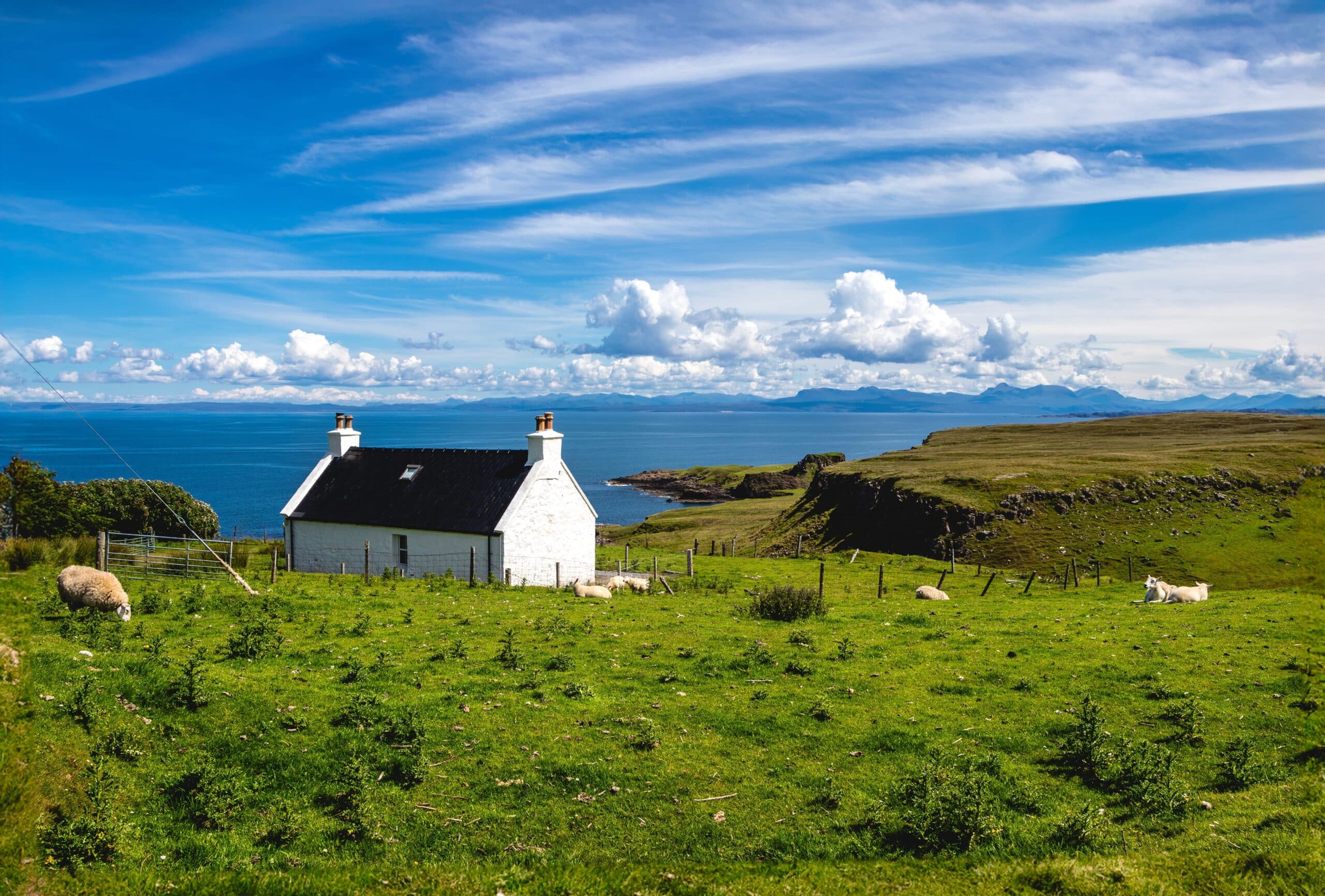
According to government data, there are 70,000 second homes used as holiday homes in the UK. This accounts for 4.1% of all second addresses.
The most popular regions of the UK for holiday homes are the South West and Wales.
Within these regions, some areas have an incredible ratio 1 to 10 for holiday to residential homes.
Places with most vs least holiday homes
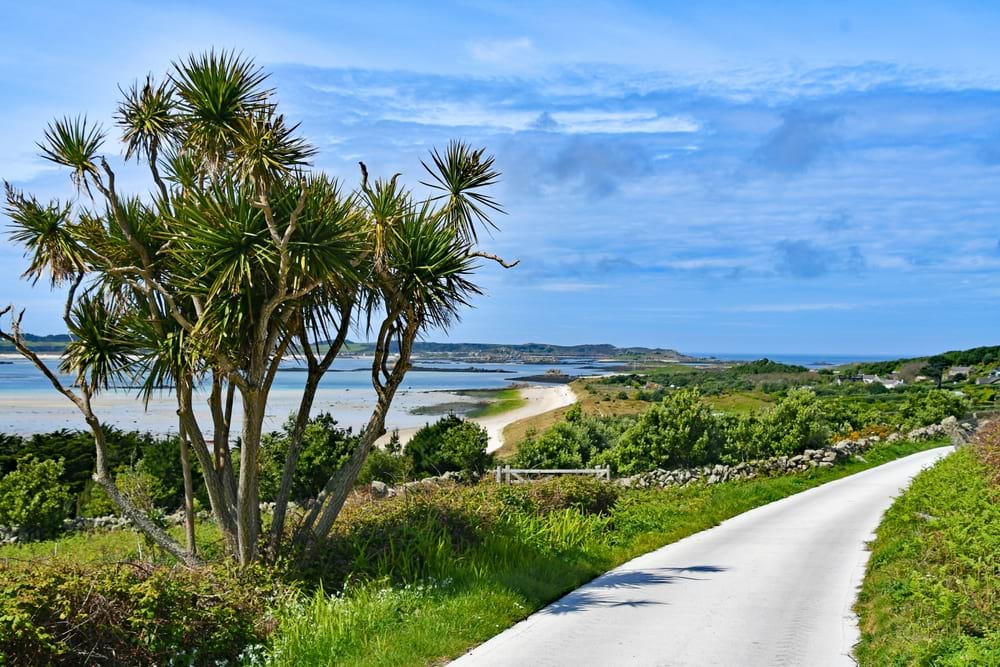
The Isles of Scilly have the highest ratio of holiday homes in the UK.
Its population is 2,100, and approximately 7.7% of homes there are ‘second homes with no usual residents’ (i.e., likely holiday homes).
Meanwhile, London has the least holiday homes in the UK (0.6 per 1,000).
How to sell a holiday home in the UK

Consider repairs, redecoration or renovation
The condition of a property has a significant impact on its marketability and final selling price.
Holiday homes are often in a relatively good state of repair as they aren’t lived in much. By contrast, holiday lets may need more work.
Before putting holiday homes up for sale, homeowners should decide whether to make changes to them and, if so, to what extent.
After all, properties can be sold in bad condition – but usually at a much lower price.
Find an estate agent who will support you
If you are selling on the open market, what estate agent you choose can make a big difference to your chances of a successful sale.
A local estate agent is often the best choice for individuals looking to sell to someone local.
However, homeowners looking for someone else to make it their holiday home, will likely need to target a specific type of potential buyer.
Begin your marketing and get your ‘target audience’ clear
Marketing a property is what brings potential buyers through the door.
Your brochure, online listing, and local magazine ads should all focus on the benefits of your property.
Emphasise the benefits of issues such:
- Its location (local features, proximity to nearby scenic spots, etc.)
- Its features
- How much money it does – or could – bring in via rent
Then, ensure the photos are top-notch and show your holiday home in the best possible light.
Understand all your tax responsibilities
A holiday home is a second (at least) property in your ownership. This brings certain tax obligations that you’ll need to meet.
Ensure you’re prepared for all of these before the sale is complete.
Capital gains tax will be due on this holiday home. This is a percentage of the difference between what you bought it for, and what you sell it for (your ‘gain’).
Hire a solicitor to handle conveyancing – and exchange!
Your solicitor will provide much-needed assistance as your holiday home is sold.
They can communicate with the buyer’s solicitor and handle all conveyancing obligations.
The price should rarely go above £2,000 when selling a property.
When everything is ready, it’s time to exchange contracts. You’ll receive the sale funds once the mortgage is paid off and the solicitor has received their fee.
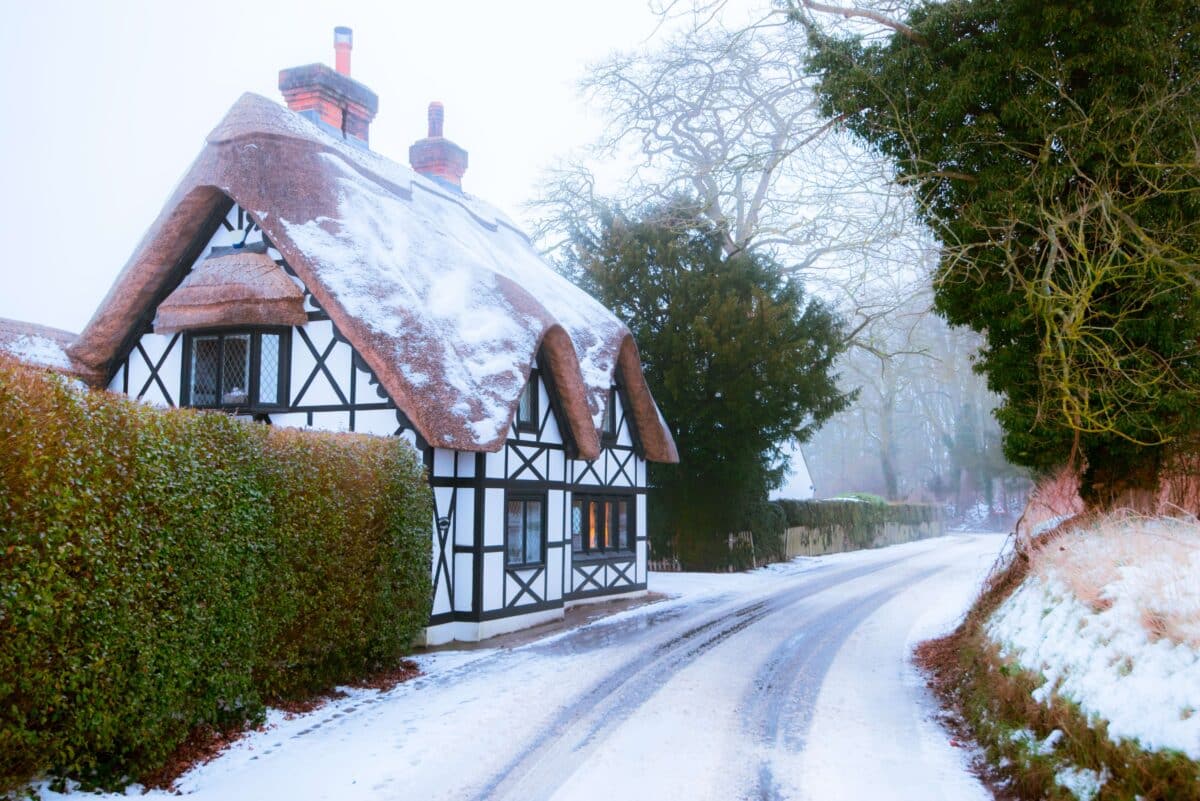
How to sell a holiday home fast
There are several alternatives to selling on the open market. These include:
- Selling privately (if you know a willing buyer)
- Selling at auction
- Selling to a cash buyer.
Each channel has it’s own advantages and disadvantages.
In general, each also means trading final selling price for a faster and more certain sale.
For example, some cash buyers (including We Any Home) can buy your home faster than anywhere else. However, their offer will be around 15-20% lower than market value.
Sell holiday homes abroad
The process for selling a holiday home in a foreign country is not much different. You need mostly the same professionals by your side.
Ideally, you’ll find a local estate agent in a foreign location. They will have expertise in the nearby market.
They may also be able to oversee the preparation of your property for sale, if you hire cleaners and stagers to take care of this from afar.
You’ll also need to familiarise yourself with local laws and taxes. Speak to a specialist in the country you’re selling in.
Then, double-check the UK legislation. Tax may be owed in one, or both, of these countries.
Currency exchange is another small complication that an accountant could support you with.
Time frames for selling
It doesn’t necessarily take any longer than a typical property sale.
Ultimately, it depends on the local market conditions.
If demand for houses in the area is high, you won’t have any issue selling it. On the other hand, it could take longer if the local market is slow.
Especially if you insist on going down there personally to check the progress, and the house is far away.
Reasons to sell a holiday home
Time and effort
Owning property requires time, effort, and money.
Some aspects of holiday homes are simpler than regular homes. For example, the cost of running a holiday home is relatively low because it is empty for longer periods.
But others are more challenging. Holiday homes, for example, are vulnerable to squatters because they often remain empty for extended periods.
Freeing up cashflow
Homeowners may need or want cashflow for various reasons.
Whatever the reasons may be, selling a holiday home is often a natural option.
Lack of need or want
The novelty of a holiday home may wear off over time. This could be related to the home itself or the location.
Perhaps the area’s character has changed since the property was first purchased. Or the homeowners have since found somewhere else they prefer to visit.
Changing economic conditions
You might sell your holiday home as a response to economic fluctuations.
Perhaps interest rates are rising, making your mortgage more expensive. Or property prices have hit an all-time high – so selling to make a profit is too tempting.
Changes in personal life
There could be any other change in circumstances that causes you to sell your holiday home.
Even a divorce or the loss of a loved one can trigger a reassessment of your living style and finances. Or children have grown up, and visits without them don’t feel the same.




